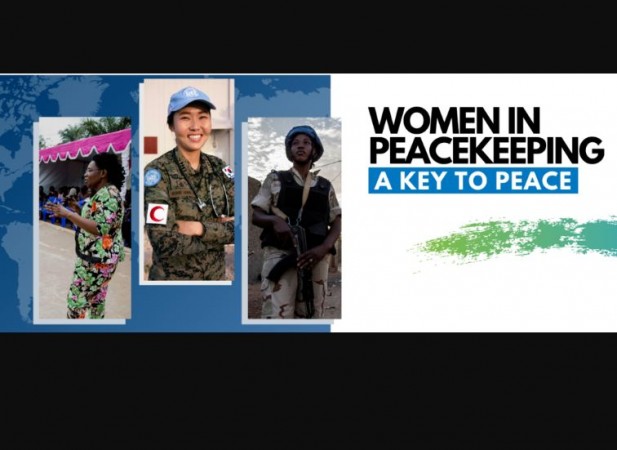
Today we are facing global humanitarian challenge where human suffering has reached to an alarming level all around the world. But when it comes to humanitarian assistance, gender equality is not prioritized. Over 40% of the half a million humanitarian workers who provide frontline care during emergencies, wars and disasters, are women.
Women, persons with disabilities, indigenous persons, persons with diverse gender identity and sexual orientation and identifying as LGBTQ, older persons, and adolescent girls, often have additional specific and intersecting vulnerabilities and protection concerns that are further compounded by their sex and gender.
Women’s leadership must be high on the international agenda, including through appropriate funding allocations and continued advocacy. The sustainability of women’s leadership in humanitarian crises and recovery can be ensured by supporting women led and women’s rights organisation.
Whenever the crises strike, gender inequalities are often exacerbated, gender based violence, exclusion from life-saving services and decision-making processes due to discriminatory social norms, such as food hierarchies, and limited mobility to get help due to physical insecurity.
More women leaders can transform the humanitarian system to better meet the health needs of those affected by conflict and humanitarian emergencies. Essentializing that humanitarian actors acknowledge women’s and girls’ roles as first responders and agents of change, as well as the best representatives of their needs in humanitarian crises.
Women are the base of the society and their participation can improve the global issues. Female peacekeepers frequently can access populations and venues that are closed to men, thereby improving intelligence about potential security risks. Females are also better able to screen women during searches, helping to close a security loophole that extremists increasingly exploit. Women’s participation in security forces improves dispute resolution.
Greater gender parity in peacekeeping forces also reduces the risk of sexual exploitation and abuse, crimes that weaken local and international support for multilateral peacekeeping operations critical to U.S. and global security. Increasing the proportion of women in military peacekeeping units from 0 percent to 5 percent reduces abuse allegations by more than half.
In Liberia, women’s participation in the national security sector has increased from 6% to 17% over nine years, to set an example where all female police units deployed as part of the UN peacekeeping mission. The rate of female participation has changed slowly over the past quarter century, growing from 1% in total in 1993 to just 4% and 10% respectively in military peacekeeper and police personnel in 2017.
The increased participation of women in peacekeeping operations has been shown to improve the effectiveness of missions, ensure better access to local communities, particularly women, and better promote human rights and the protection of civilians.
UN Women is committed to playing its role in humanitarian action and crisis response by implementing the global flagship programme initiative, Women’s Leadership, Empowerment, Access and Protection (LEAP) in various country contexts.
Middle Collegiate Church anticipates that the historic façade will be removed by spring
GASTAT: In November 2022, the value of Saudi Arabia's oil exports increased by 11.8%